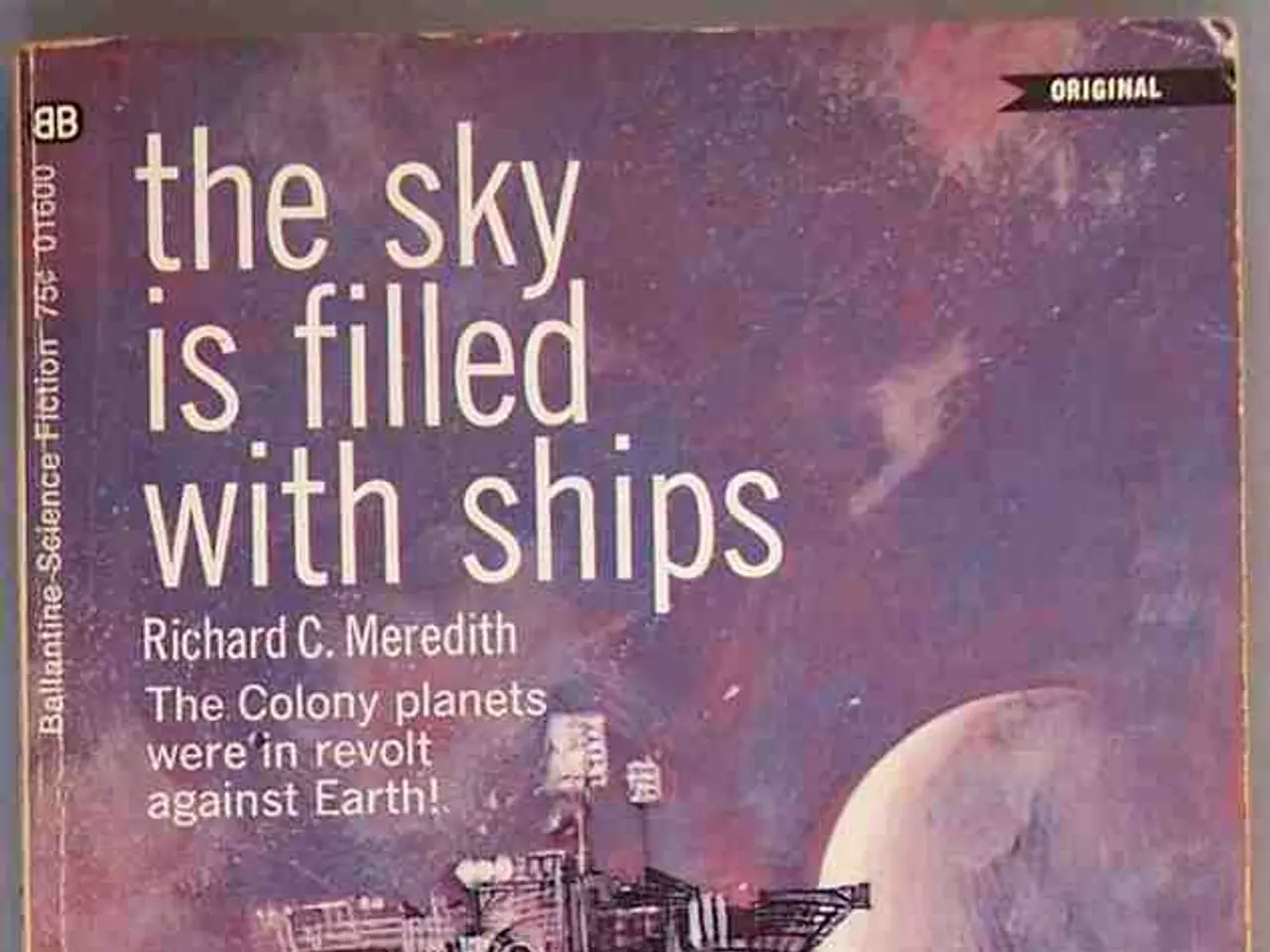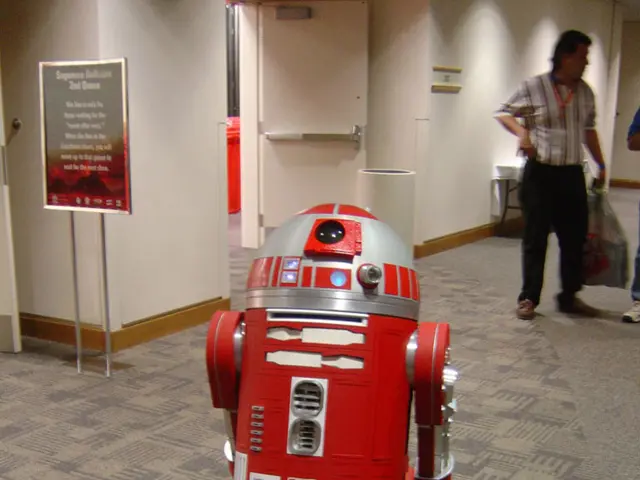Interstellar object labeled by renowned astrophysicist as "alien transmitter"
In a bold move, Harvard University professor and astrophysicist Avi Loeb has proposed a theory that the interstellar object 'Oumuamua, discovered in 2017, could be of extraterrestrial origin. This theory, detailed in his new book 'Extraterrestrial: The First Sign of Intelligent Life Beyond Earth,' has caused a stir in the scientific community.
'Oumuamua, initially classified as a comet, has been a subject of debate among astrophysicists for years. Its peculiarities, such as its unusual shape and acceleration away from the Sun without typical cometary outgassing, have left many questions unanswered. Some have suggested it could be a hydrogen iceberg, a comet, or an asteroid, but Loeb believes its origins can be explained by alien technology.
The scientific community, however, has been critical of Loeb's theory. American astrophysicist Ethan Siegel believes Loeb has discredited himself by pandering to the public. Despite this, Loeb remains undeterred. He claims that in 2017, humans spotted a solar sail that was sent to us from another star system, and 'Oumuamua could be this artifact.
The solar sail mentioned in Loeb's theory is a type of propulsion system that uses radiation pressure from sunlight to move a spacecraft. Loeb suggests that 'Oumuamua's walls could be as thin as a millimeter, despite the object needing to be robust. This thin structure, he argues, could be evidence of advanced technology.
The report about Loeb's theory comes from Almaty.tv, citing tvzvezda.ru, and has also been reported by The Daily Mail. The theory of 'Oumuamua being a solar sail can explain its unexpected acceleration, according to Loeb's calculations.
It's important to note that Loeb's theory about 'Oumuamua's extraterrestrial origin has not been widely accepted within the scientific community. However, the debate continues, with astrophysicists worldwide discussing the possibilities and implications of Loeb's theory.
Loeb's work is not his first foray into the realm of the extraordinary. He once worked with the late Stephen Hawking, collaborating on various projects. Despite the controversy surrounding his 'Oumuamua theory, Loeb's contributions to the field of astrophysics are significant and continue to shape our understanding of the universe.
In the end, the truth about 'Oumuamua may remain elusive, but the debate it has sparked serves as a reminder of the endless possibilities that lie beyond our solar system. As Loeb himself says, 'Science is a self-correcting process. Even if we are wrong today, given enough time, the evidence will reveal the truth.'








